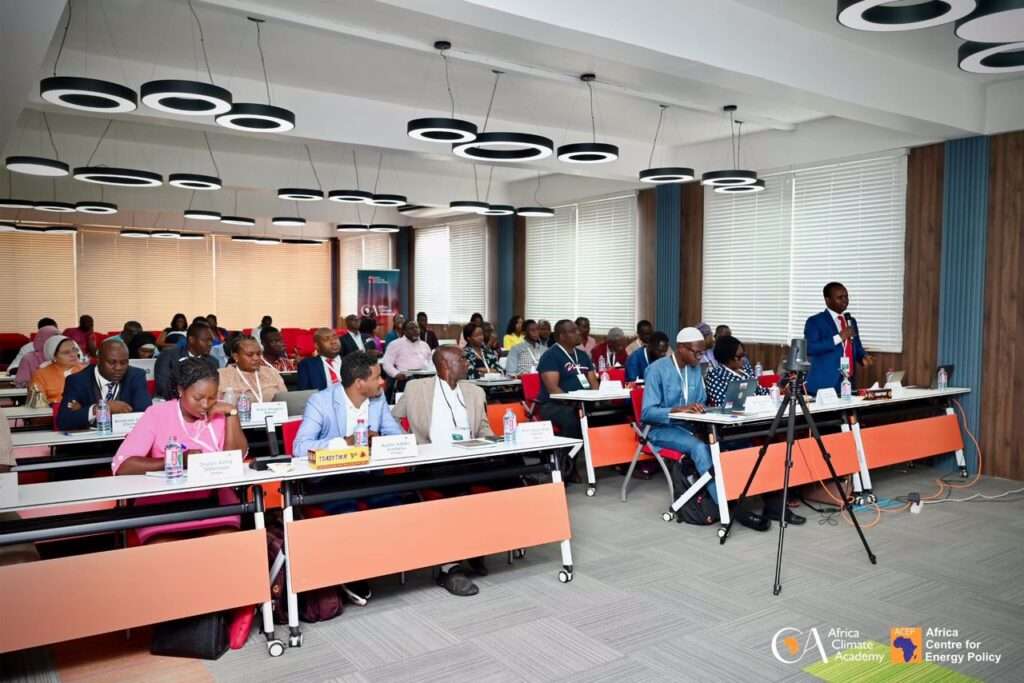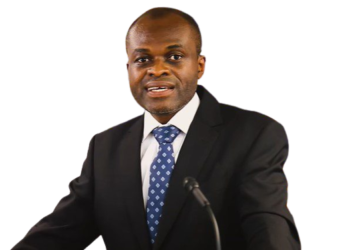The Africa Centre for Energy Policy (ACEP) has taken a bold step towards redefining Africa’s role in the global energy transition by establishing the Africa Climate Academy.
In an inaugural event attended by policymakers, scientists, academics, civil society activists, and media professionals, the Academy sought to create a platform for sustained dialogue on the continent’s contributions to global climate and energy challenges.
Benjamin Boakye, Executive Director of ACEP, emphasized the Academy’s mission to build a network of practitioners capable of engaging continuously on climate issues, challenging prevailing narratives, and exploring opportunities for Africa.
“We need to clarify misconceptions, unpack the current narratives, and determine how to optimize the climate conversation for the benefit of our people,” Boakye asserted.
The discussions focused on the critical question: Can Africa transcend the challenges posed by climate change and leverage the energy transition for economic transformation?
The global debate on transitioning from fossil fuels such as petroleum, coal, and natural gas to renewable energy has placed Africa in a unique position.
Historically, the continent has lagged in capitalizing on resource booms. However, Boakye stressed that Africa must not miss the renewable energy revolution.
He warned that while Africans often question the origins of the climate agenda, others are profiting by exporting renewable energy technologies to the continent.
“Africa has often been late and missed the resource boom, but not this time,” he said. Boakye encouraged participants to think economically, recognizing that the energy transition offers a rare chance to address poverty and create a sustainable future.
Climate Change’s Dire Consequences

Prof. Nana Ama Browne Klutse, Head of the Department of Physics at the University of Ghana and Vice Chair of the Intergovernmental Panel on Climate Change (IPCC) Working Group I, painted a stark picture of climate change’s impact on Africa.
Citing IPCC data, she highlighted rising regional temperatures, frequent extreme weather events, and declining agricultural productivity.
These effects are driving food insecurity across the continent, making staples scarcer and more expensive. Prof. Klutse also expressed deep concern over the slow pace of global action on climate commitments, including those under the 2015 Paris Agreement.
“Current Nationally Determined Contributions (NDCs) are insufficient to limit global temperature increases to below 2°C,” she warned. Her call to action was unequivocal: phase out fossil fuels and embrace cleaner energy options like nuclear and solar power.
The Africa Climate Academy has positioned itself as more than a think tank; it is a multidisciplinary hub poised to influence research, shape policies, and provide advisory services. Participants noted a transformative shift in their perspectives on Africa’s potential role in the energy transition.
This collaborative approach aims to unite diverse expertise to support governments and the private sector in implementing actionable solutions.
A recurring theme during the Academy’s discussions was the need to challenge simplistic narratives surrounding Africa’s role in climate change.
Historically, the continent has been viewed primarily as a victim of global warming. However, participants argued that Africa must assert itself as a proactive player in the renewable energy revolution.
With vast natural resources, including abundant solar and wind energy, Africa has the potential to lead in the production of renewable energy technologies. Harnessing these opportunities could not only drive economic growth but also ensure a more equitable global energy future.
The Africa Climate Academy represents a paradigm shift in how African nations approach climate change and energy issues. With the right investments, policies, and collaborations, Africa could become a global leader in renewable energy production and technology.
The Academy’s success in convening diverse stakeholders provides hope that Africa can overcome its historical challenges, seize the opportunities of the energy transition, and chart a sustainable and prosperous future for its people.
READ ALSO: Tiwa Savage Lambasts Wizkid’s Fan Over Music Controversy


















